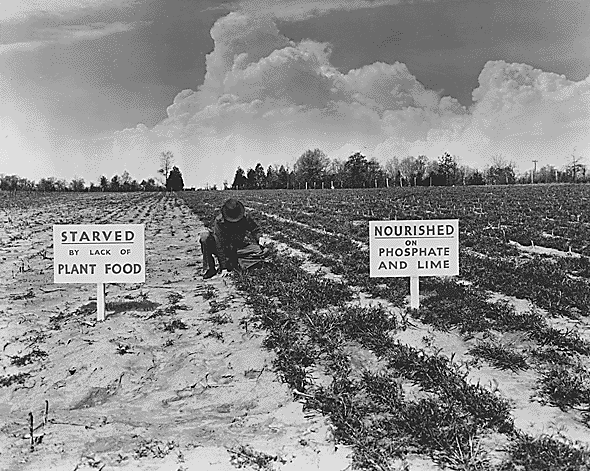Ecologically Sound Gaza Development Program

The economic and social situation in Gaza distorts many with high unemployment, inadequate health facilities, and a lack of basic supplies.
A Gaza Development Program for the Future
An Effort is Needed For An ecologically-sound Gaza Development Program
In early May 2021, Palestinians protesting the pending eviction of six families from their home in East Jerusalem clashed with Israeli police. For many Palestinians, the eviction cases evoked a long history of dispossession. From its positions in the Gaza Strip, Hamas warned that it would “not stand idly by.” On 10 May, Hamas forces fired a fusillade of rockets and missiles at Israeli villages and cities. The Israeli Defense Forces responded with strikes on Gaza, inaugurating a conflict of depressing familiar dimensions after similar clashes in 2009, 2012, 2014. After 11 days of destruction and loss of life and behind-the-scenes mediation by Egyptian diplomats, a ceasefire was declared.
It is difficult to predict the political future of Gaza both in terms of relations between Hamas and Fatah as well as the future relations with Israel and Egypt. What is certain is the Israel-Gaza conflict, and the long embargos by Israel and Egypt for different national reasons have crippled and in some cases destroyed the manufacturing and agricultural sectors of the Gaza Strip; where someone and a half million people depend on imports for most basic goods and exports for livelihood. The economic and social situation in Gaza distorts many with high unemployment, inadequate health facilities, and a lack of basic supplies.
Men make great decisions only when crisis stares them in the face.
As the political situation is so uncertain, it is important not to rule out in advance political and economic proposals even if, at first sight, such proposals seem unlikely to be able to be put into practice. As Jean Monnet, one of the fathers of the European Common Market had said, “Men take great decisions only when crisis stares them in the face.” Just as the first steps of the European Common Market had to overcome the deep wounds of the Second World War, there is a need to break substantial psychological barriers with suitable economic measures in the situation of Gaza.
One possibility for the socio-economic recovery of Gaza would be a trans-national economic effort that would bring together energy, knowledge, and money from Gaza, Israel, the West Bank, and Egypt, creating conditions that would facilitate the entry of other investors.
A Corporation clothed with the power of Government but possessed the flexibility and initiative of a private enterprise.
A possible model is the trans-state efforts of the Tennessee Valley Authority (TVA) of the US New Deal. The TVA was a path-making measure to overcome the deep economic depression of the 1930s in the USA. In May 1933, the Roosevelt administration and Congress created the TVA.

In his message to Congress, Roosevelt suggested that the Authority should be a:
“a corporation clothed with the power of Government but possessed of the flexibility and initiative of a private enterprise. It should be charged with the broadest duty of planning for the proper use, conservation, and development of the natural resources of the Tennessee River drainage basin and its adjoining territory for the general social and economic welfare of the Nation. The true sense is a return to the spirit and vision of the pioneer. If we are successful here, we can march on, step by step, in the development of other great natural territorial units.”
The central idea back of the TVA was that it should do many things. Things should be all connected by the concrete realities of a damaged river full of damaged people. To do all these activities well, it had to be a public corporation: public.

It served the public interest and a corporation rather than a government department to initiate the flexible, responsible management of a well-run private corporation.
The Tennessee Valley Authority (TVA) Picture: Franklin D. Roosevelt Presidential Library and Museum, Public domain, via Wikimedia Commons.
As Stringfellow Barr wrote in Citizens of the World
“The great triumph of the TVA was not the building of the great dams. Great dams had been built before. Its greatest triumph was that it not only taught the Valley people but insisted on learning from them too. It placed its vast technical knowledge in the pot with human wisdom. That, along with the local experience, the courage, and the hopes of the Valley people. TVA sought solutions which neither the Valley folk nor the TVA technicians could ever have found alone.
It respected persons.”
Only a New Deal is likely to break the cycle of violence and counter-violence.
The Gaza strip is not one of the great natural territorial units of the world. Natural respect for persons has also been in short supply. However, only a New Deal is likely to break the cycle of violence and counter-violence. A Gaza Development Authority, an independent socio-economic corporation devoted to multi-sector and trans-national planning and administration, would be an important start in a new deal of the cards. Such a Gaza Development Authority would have Hamas members and persons chosen for their expertise and persons from community organizations.
Strong socio-economic structures are a necessity, which can hold during periods of inevitable future tensions. A Gaza Development Authority can be a framework for such strong measures of cooperative effort.
You will also enjoy Gaza Crisis: A Cooperative Way Forward
About the Author

Rene Wadlow is the President of the Association of World Citizens, located in Geneva, Switzerland.
OMTimes is the first and only Spiritually Conscious Magazine.
Follow Us On Facebook, Twitter, Instagram, Linkedin, Pinterest, and Youtube
OMTimes Magazine is one of the leading on-line content providers of positivity, wellness and personal empowerment. OMTimes Magazine - Co-Creating a More Conscious Reality





